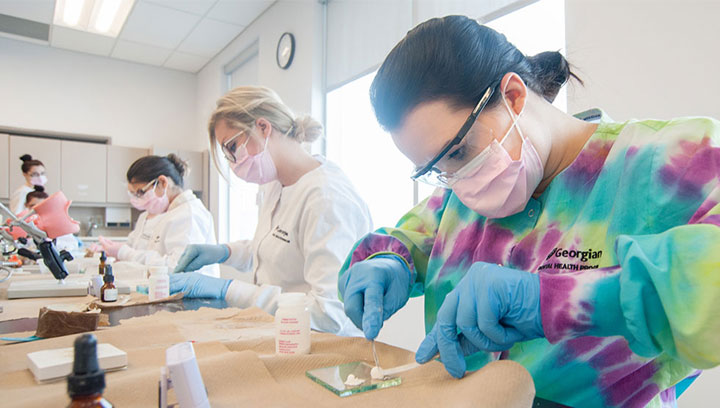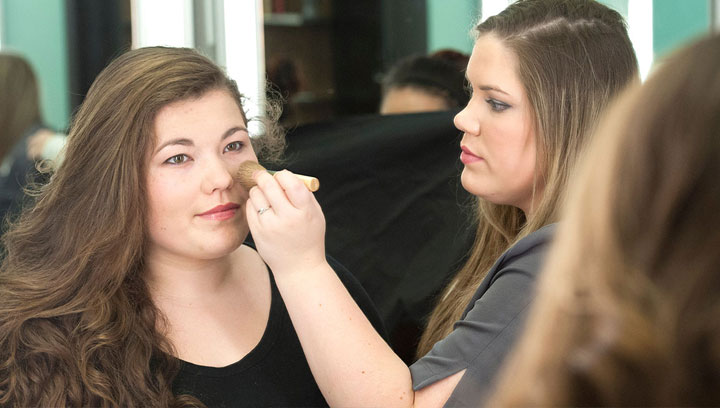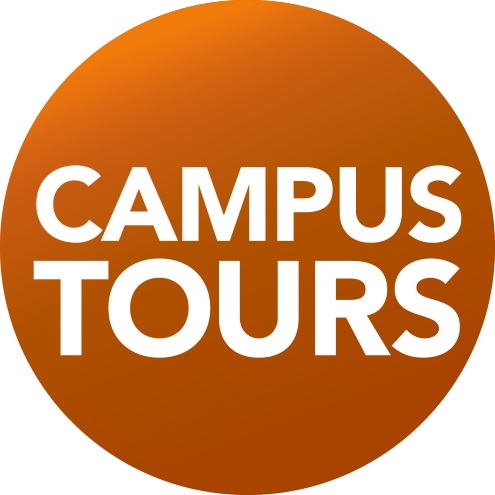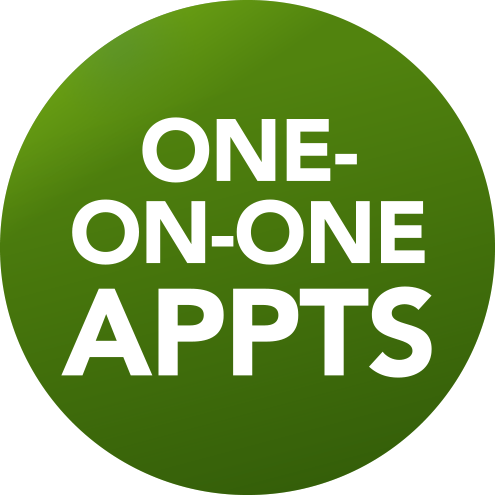
Support the veterinary health-care team as a veterinary assistant
Veterinary Assistant Ontario College Certificate program
Love animals? Work with cats and dogs in our on-campus veterinary hospital. Emphasis on companion animals. High student satisfaction.
Program information
Program description
The Veterinary Assistant certificate program prepares you to assist vet professionals in the practice of veterinary medicine in animal care settings. Throughout the program, you gain the knowledge and skills required to support veterinary professionals including safe handling and restraint techniques, general care of companion animals and administrative and reception duties. Using the knowledge learned in your lecture classes, you develop basic diagnostic laboratory techniques, radiography, surgical support procedures, and client service skills in the labs and also in the on-site veterinary hospital.
Intake information
| Start date | Campus |
|---|---|
| Winter 2026 | Orillia |
Tuition and fees
- Visit our tuition and fees page for detailed information on the cost to attend Georgian.
- You can afford this! Explore OSAP as well as awards, scholarships and bursaries to help you pay your way to graduation.
What are the admission requirements for the Veterinary Assistant program?
Veterinary Assistant admission requirements
OSSD or equivalent with
- Grade 12 English (C or U)
- Grade 11 or 12 Biology (C or U)
First-year enrolment is limited, satisfying minimum entrance requirements does not guarantee admission.
Mature students, non-secondary school applicants (19 years or older), and home school applicants may also be considered for admission. Eligibility may be met by applicants who have taken equivalent courses, upgrading, completed their GED, and equivalency testing. For complete details refer to: www.georgiancollege.ca/admissions/academic-regulations/
Applicants who have taken courses from a recognized and accredited post-secondary institution and/or have relevant life/learning experience may also be considered for admission; refer to the Credit for Prior Learning website for details:
www.georgiancollege.ca/admissions/credit-transfer/
Additional information
Within the first 7 weeks of the program, all students must provide proof of current rabies vaccinations (administered within 1 year prior to the program start). Alternatively, students can provide results of an adequate titre* taken within 30 days prior to the program start. *Adequate titre is greater than 0.5 IU/ml: Health Canada.
What career paths can I take as a vet assistant?
Your Veterinary Assistant certificate gives you many career opportunities
Graduates may find a range of occupations as a member of veterinary health care team, including employment in veterinary clinics, zoos, wild-life centers, pet stores, animal shelters, and grooming facilities.
What courses are included in the Veterinary Assistant certificate program?
Course overview
11 Program Courses
1 Communications Course
1 General Education Course
Program-specific courses
Semester 1 courses are listed below. For a full list of courses in the program including course descriptions, view the Veterinary Assistant program outline.
- VETA 1002 – Front Office and Reception 1
- VETA 1003 – Clinical Procedures 1
- VETA 1004 – Laboratory Procedures and Radiography
- VETA 1010 – Success in Veterinary Assistant
- VETA 1011 – Veterinary Anatomy, Physiology and Diseases
- VETA 1012 – Veterinary Medical Terminology
- Select 1 course from the communications list during registration.
Your course delivery method(s)
In person
This program is delivered fully in person and requires you to attend campus.
Please note, delivery methods are based on planning for the upcoming semester and are subject to change.
Frequently asked questions (FAQs)
While both of these professionals are valuable members of the veterinary health-care team, there are notable differences in the responsibilities.
A veterinary technician is often referred to as the veterinarian’s “right-hand person”. They are responsible for an assortment of duties including: anesthesia, surgical assisting, taking radiographs and completing diagnostic lab work as well as providing an array of nursing skills, such as intravenous catheterization and taking blood.
A veterinary assistant works to support the veterinary team by performing duties such as restraining animals, providing care for the animals (e.g. walking dogs, cleaning kennels), cleaning surgical instruments and the veterinary hospital as well as performing receptionist duties.
Veterinary assistants are not a regulated profession. Currently, there is no professional association for veterinary assistants.
The most recent key performance indicator data (2019) found that 60 per cent of students in the Veterinary Assistant program found employment upon graduation.
Yes! You can expect classes (lectures and labs) any day between Monday to Friday, starting as early as 8 a.m. and extending into the evening. To be successful, you should have strong time management and study skills. Typically, you would be expected to complete chapter readings, review videos, lectures and procedures before lab as well as complete prep work for lab and lecture classes.
In addition to course demands, you will also complete rotations caring for the animals that are housed on campus. This rotation occurs in the second semester of the program.
Kennel duty occurs Monday to Thursday. The rotation is usually performed three times throughout the semester. You will work in a group and will be responsible for walking the dogs, feeding and watering the cats and dogs as well as cleaning the kennels and the animal housing area. Kennel duty begins at 8 a.m. for one hour and also includes a late afternoon shift between 5 to 6 p.m.
Yes. Our onsite veterinary hospital is designed to give you the feeling of working in a veterinary clinic. In your final semester, you will participate in courses that mimic a surgical rotation. With dogs and cats as patients, students assist the veterinarian and registered veterinary technician in the completion of spays and neuters.
These experiences will help you become job-ready upon graduation.
Check out our other related programs
Dental Assisting (Levels I and II)
Benefit from many professional placement opportunities. This valuable hands-on experience will get you noticed by professionals in the field.
Early Childhood Education
Enjoy engaging faculty. Experience exciting, project-based classes. Choose a variety of hands-on experiences in the ECE field.
Esthetician
Amazing facilities! Work in on-site clinic with real clients. Organic/green products. Develop your professional skills. CIDESCO-certified.
Pre-health Sciences Pathway to Advanced Diplomas and Degrees
Your first step toward further studies in health programs. Develop your employability skills. Be on your way to a career in health care!
Do you have questions about Veterinary Assistant? Contact us!
Thinking about applying to Georgian?
Contact our student recruitment team to explore your study options.
Already applied to Georgian?
Connect with the Office of the Registrar for admissions-related questions.
Are you an international student?
Contact our international recruitment team to learn more about studying at Georgian.
Ways to connect
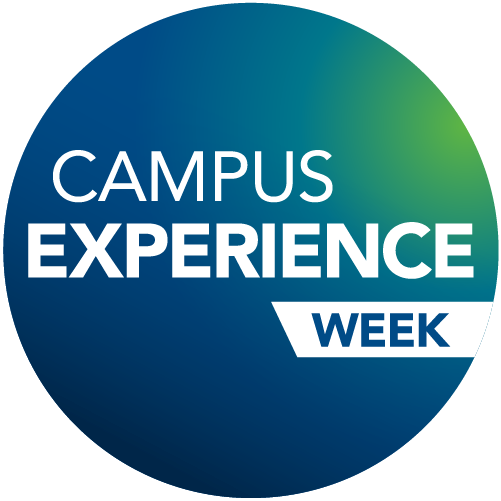
Get ready for Campus Experience Week from April 11 to 17 happening at all Georgian campuses!
Learn more and RSVP.
Take a guided, in-person tour
of our campuses.
Book a campus tour.
Book a phone appointment
with a recruitment specialist.
Connect with a recruiter.
Join our email list for event updates, contest information and more.
Sign up for Georgian updates.

